
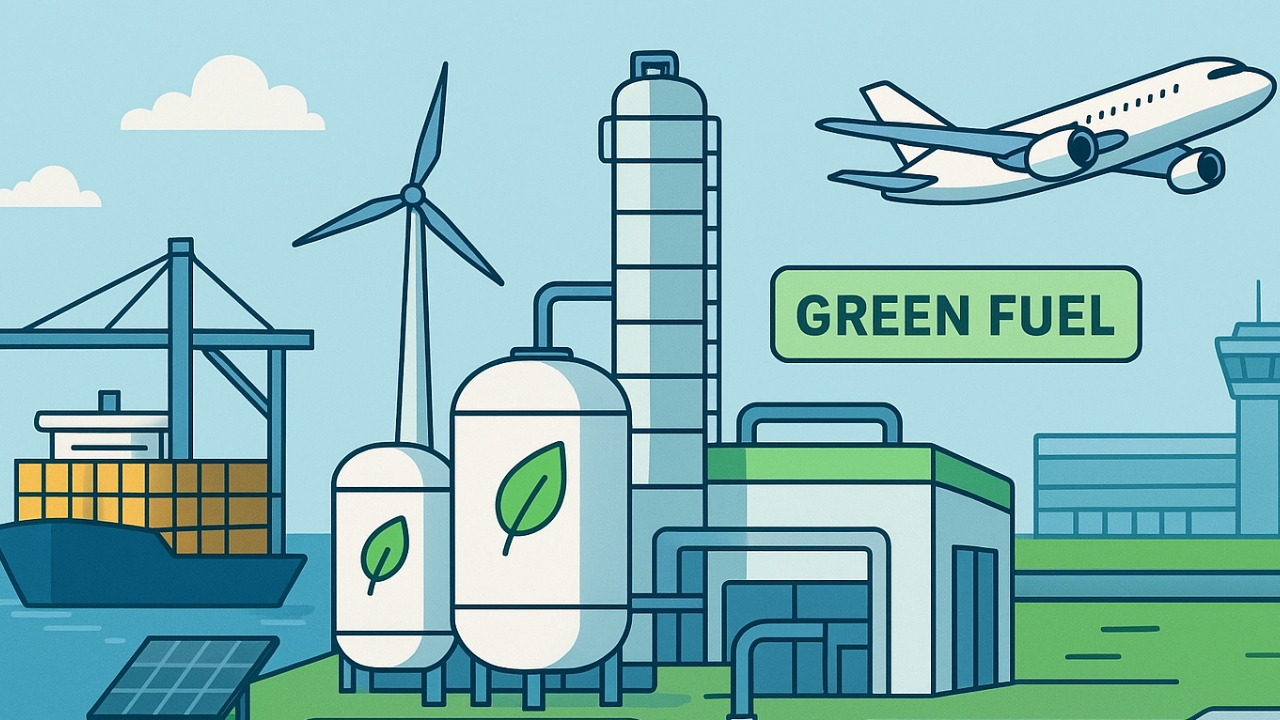 |
The European Commission's Sustainable Transport Investment Plan (STIP), published on November 5, contains measures to boost e-fuels production but needs rapid implementation if the EU is to retain its industrial leadership in the technology, according to Transport & Environment (T&E).
The plan includes a commitment to establish an EU-wide double-sided auction for maritime and aviation fuels, based on a pilot e-sustainable aviation fuel (SAF) auction, which would provide funding to kickstart production. However, the environmental campaign group argues this should be limited to e-fuels only.
In the short term, STIP proposes relying on existing tools — the Hydrogen Bank and the Innovation Fund — which are now beginning to back e-fuels projects, including e-SAF. According to T&E, while this sends a positive signal, these tools alone have so far been unable to de-risk industrial-scale e-fuels production. The organisation warns that the plan's most impactful measures may arrive too late as action on e-fuels is needed by 2026.
Antony Froggatt, senior director for aviation, shipping, and energy at T&E, said: "The plan clearly acknowledges the important role of e-fuels in decarbonising aviation and shipping. For the first time, the EU will develop an effective financial instrument to kickstart production. The EU must now follow through on these commitments if it is to help preserve Europe's technological leadership in e-fuels. Leaving the door open to biofuels will only detract from this."
The European Commission will "launch preparations" for the creation of a market intermediary to run the double-sided auctions. T&E welcomed this tool, saying it is needed to spur the e-fuels industry and match the requirements of e-fuels producers for long-term certainty with the short-term contracts used in shipping and aviation.
Biofuels concerns
T&E expressed concern that the plan leaves the door open for biofuels being included in double-sided auctions. According to the organisation, biofuels is a more mature industry and could absorb the limited resources of the market intermediary. T&E argues that only e-fuels should be eligible for the auctions as there are no market barriers for biofuels production.
The plan also lacks support for battery-powered vessels and developing the potential of batteries in planes, T&E said.
STIP promotes the continued use of biomethane in shipping. T&E argues that the limited stocks of biomethane should be prioritised for sectors that currently depend on fossil gas and need to urgently reduce their dependence on imports, such as household heating and heavy industry. The organisation said this is concerning because currently ships only buy green certificates for biomethane while the fuel is actually burned in household boilers and other sectors.
Carbon market revenues
STIP only "encourages" member states to use existing carbon market (ETS) revenues to decarbonise shipping and aviation. T&E said that the review of the ETS in 2026 should consider incorporating a requirement to use ETS revenues for e-fuels investments.
Furthermore, according to T&E, STIP does not recognise the untapped potential of higher ETS revenues should the carbon markets be extended in scope. Around €2.4 billion a year in extra revenues could be raised between 2028 and 2035 by including small shipping vessels.
T&E said STIP failed to recommend EU-level supply mandates for marine e-fuels in European ports, which most EU countries have failed to implement despite clear guidance from the EU Renewable Energy Directive. The organisation also said the plan missed an opportunity to mobilise the European Investment Bank to invest in e-fuel production.
The EU measures under STIP are expected to mobilise at least €2.9 billion until the end of 2027. To meet the fuel targets set out in the FuelEU Maritime and ReFuelEU Aviation Regulations, around 20 million tonnes of sustainable alternative fuels (approximately 13.2 million tonnes of biofuels and 6.8 million tonnes of e-fuels) are projected to be needed by 2035, requiring an estimated €100 billion in investment.

|
Petrobras and Transpetro order 41 vessels worth $470m for fleet renewal
Brazilian state oil companies contract gas carriers, barges and pushboats from domestic shipyards. |
|
|
|
||
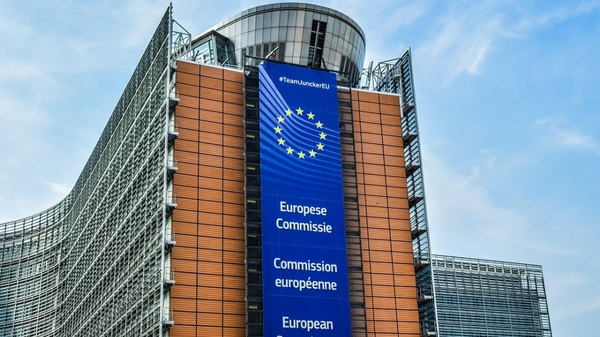
|
EU proposes phase-out of high-risk biofuels from renewable energy targets by 2030
Draft regulation sets linear reduction trajectory starting in 2024, with contribution reaching zero by end of decade. |
|
|
|
||
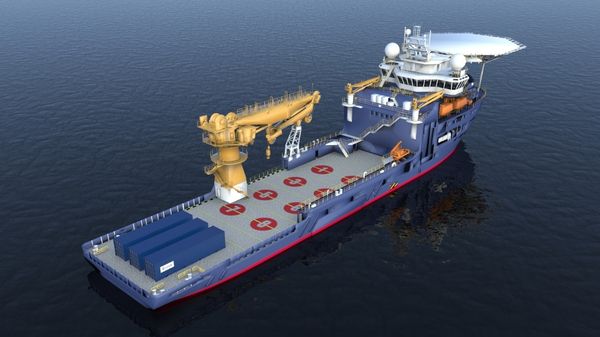
|
H2SITE launches Norwegian subsidiary to advance ammonia-to-power technology for maritime sector
Spanish technology firm establishes Bergen hub to accelerate deployment of ammonia cracking systems for shipping. |
|
|
|
||

|
CMA CGM names 400th owned vessel as methanol-fuelled containership
French shipping line reaches fleet ownership milestone with 15,000-teu dual-fuel methanol vessel. |
|
|
|
||
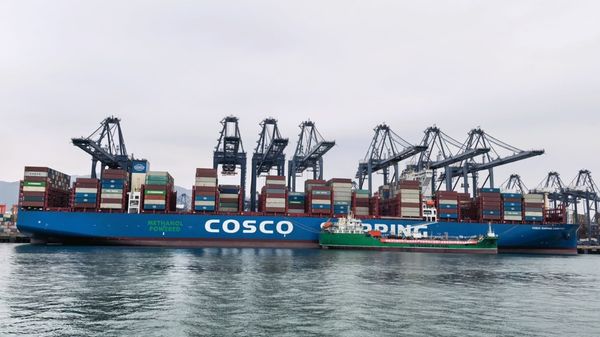
|
Wah Kwong adds China’s first dual-fuel methanol bunkering vessel to managed fleet
Da Qing 268 completed maiden operation at Shenzhen’s Yantian Port on 21 January. |
|
|
|
||
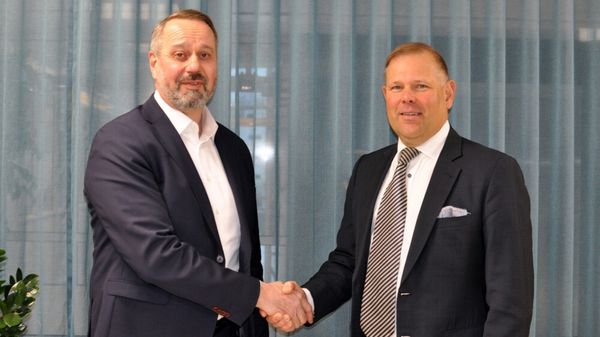
|
Sumitomo SHI FW licenses VTT syngas technology for sustainable fuels plants
Agreement enables production of green methanol and SAF from biowaste for global gasification projects. |
|
|
|
||
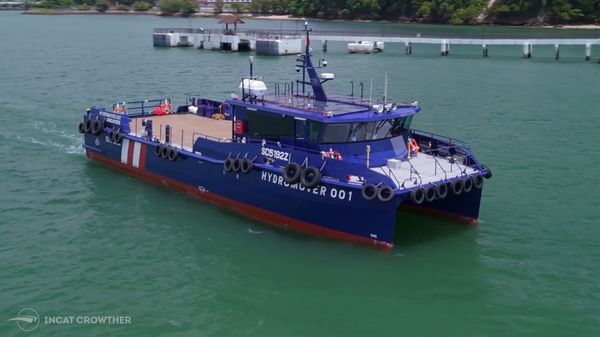
|
Yinson GreenTech launches upgraded electric cargo vessel in Singapore, expands to UAE
Hydromover 2.0 offers increased energy storage capacity and can be fully recharged in under two hours, says designer. |
|
|
|
||
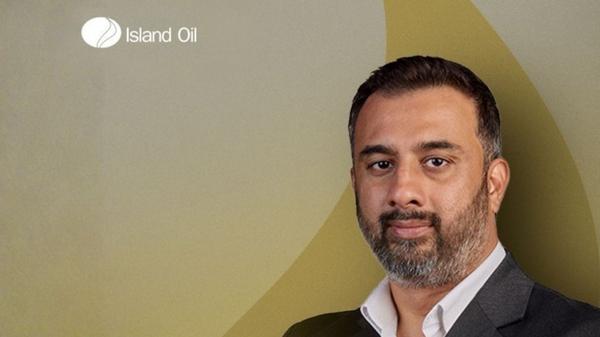
|
Island Oil appoints Nildeep Dholakia as senior trader in Dubai
Marine fuel supplier expands Dubai team as part of regional growth strategy. |
|
|
|
||
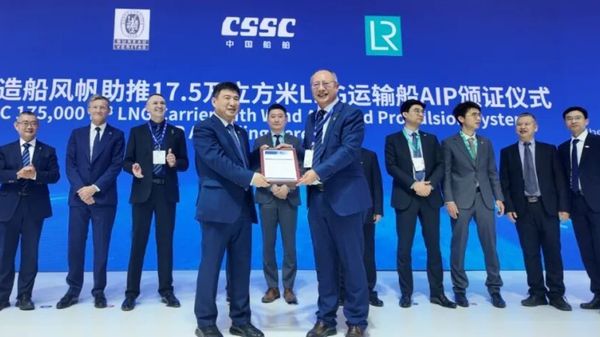
|
Dalian Shipbuilding's wind-assisted LNG carrier design receives Bureau Veritas approval
Design combines dual-fuel propulsion with foldable wing sails to cut emissions by 2,900 tonnes annually. |
|
|
|
||
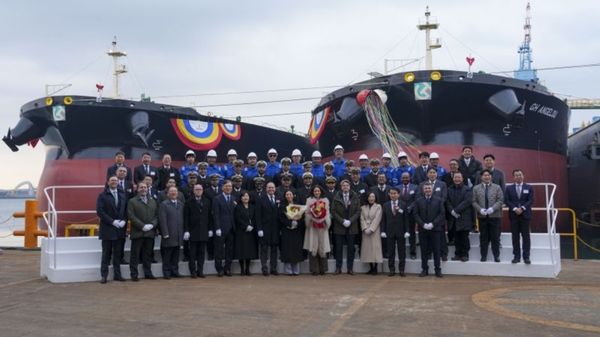
|
Anglo-Eastern adds two methanol-ready Suezmax tankers to managed fleet
GH Angelou and GH Christie were christened at HD Hyundai Samho Shipyard on 5 January. |
|
|
|
||